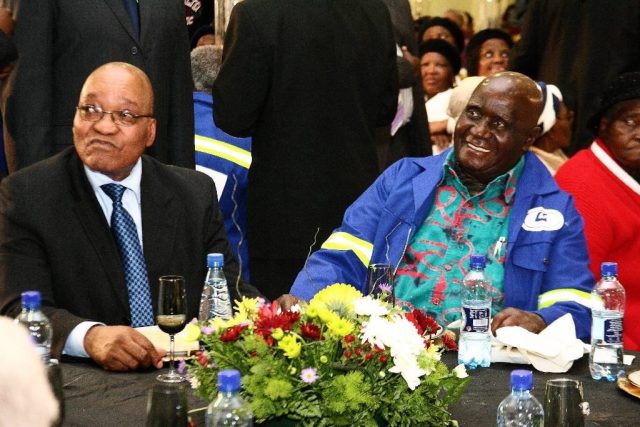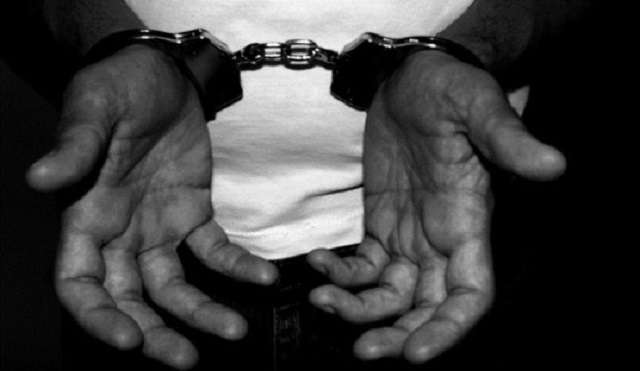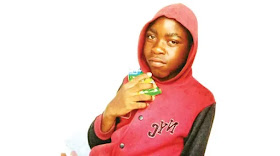It remains unclear if the former South African president Jacob Zuma will go ahead with his plans to travel to Lusaka, Zambia, for Late Kenneth Kaunda’s funeral, given the Constitutional Court judgment against him.
According to South Africa’s government officials, Zuma was due to arrive at Zambia Today, July 1, and return to South Africa a week later, July 8.
But the Constitutional Court gave Zuma until Monday, July, 5 to turn himself into Nkandla Police Station, or Johannesburg Police Station, to begin serving his 15-month sentence.
On Tuesday, the acting vice president of the court, Sisi Kambibe, sentenced the president to 15 months in prison, for failing to comply with a unanimous court order in January, which forced him to submit to all legal subpoenas issued by the Judicial Committee to investigate the state takeover.
Zambian officials planning the former statesman’s funeral were unsure whether Zuma would attend.
However, the source confirmed that Zuma has not landed in Lusaka yet before Friday’s funeral.
A newly appointed Zuma spokesman, Mzwanel Mane, declined to comment on the matter.
“The lawyers advised not to comment on any reaction. I can’t talk about things like that,” he said.
Zuma’s daughter Dodo Zuma Sambodla has revealed, since the verdict, that Zuma was in high spirits and had no ‘fear’. However, it is not yet clear which correctional facility Zuma will surrender himself to.
“We have a choice between spending our time at JHB or Nkandla…Of course, we chose to be close to home. We will accompany you in case of closing or not spend your time,” Zuma Sambodla said in a tweet.
Kenneth Kaunda died on June 17 at the age of 97 years old after battling Pneumonia.
He was admitted to the hospital at Maina Soko Medical Centre.
An official state funeral will be held on 2 July at the Heroes Stadium in Lusaka.
International dignitaries will be allowed to attend the funeral. A private burial is scheduled for 7 July and will be attended only by his family and guests.
Kaunda also known as KK led Zambia into independence from Britain, ruling the country from 1964 until 1991. He was also instrumental in assisting other Southern African countries to gain independence from minority rule.




